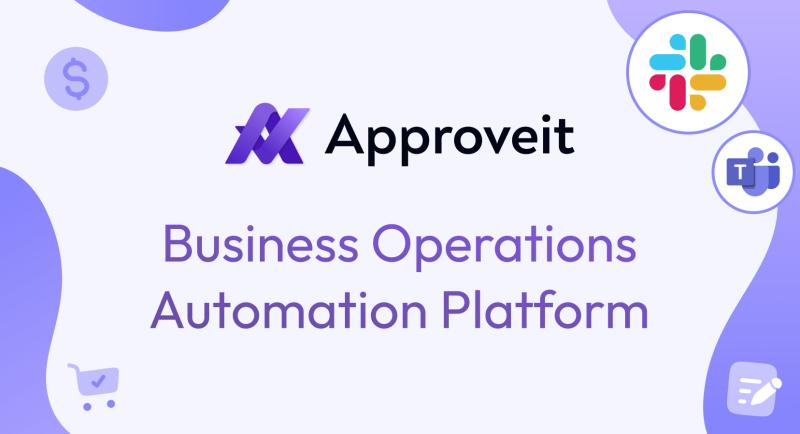
Transforming the Workplace: The Benefits of HR Automation
In today’s fast-paced business world, the need for efficient processes is paramount. hr automation https://approveit.today/hr-automation Human Resources (HR) departments are increasingly turning to automation solutions to streamline operations and improve service delivery. HR automation refers to the use of technology to perform various HR functions, from recruitment and onboarding to payroll and performance management. The adoption of these technologies is not just a trend; it represents a significant shift in how organizations operate and engage with their employees.
Understanding HR Automation
HR automation encompasses a range of tools and systems designed to automate repetitive and time-consuming tasks that HR professionals typically manage. This can include automating administrative tasks such as handling employee records, benefits management, compliance, and reporting. The goal is to allow HR professionals to focus on more strategic initiatives, such as employee engagement, talent development, and organizational culture.
The Driving Forces Behind HR Automation
Several factors contribute to the increasing adoption of HR automation:
- Efficiency: Automation speeds up processes, reduces the time spent on manual tasks, and minimizes errors, leading to a more efficient HR function.
- Cost Reduction: By automating repetitive tasks, organizations can decrease labor costs and allocate resources more effectively.
- Data-Driven Decisions: Automated systems provide better data collection and reporting, leading to informed decision-making that can enhance workforce management.
- Employee Experience: An automated HR function can significantly improve the employee experience, from streamlined onboarding processes to more accessible benefits information.
Key Areas of HR Automation
Understanding the key areas where HR automation can have the most impact is essential for organizations looking to optimize their HR functions:
Recruitment and Onboarding
HR automation can transform the hiring process by streamlining job postings, applicant tracking, and candidate screening. Automated systems can help HR teams identify the best candidates efficiently, while onboarding solutions can ensure that new hires have a seamless integration into the company.
Payroll and Benefits Management

Payroll processing is often viewed as highly complex and subject to numerous regulations. Automating payroll can reduce errors, ensure compliance, and free up HR staff to focus on more value-added activities. Benefits management systems also help employees easily access their options, fostering greater satisfaction and understanding.
Performance Management
Automated performance management systems can help organizations establish clear objectives, facilitate regular feedback, and support ongoing employee development. These systems can streamline appraisals and ensure that performance reviews are objective and based on data-driven metrics.
Training and Development
Automation can enhance employee training and development by providing online learning platforms and tracking progress. This ensures that employees have the necessary skills and knowledge to excel in their roles while also contributing to career advancement opportunities within the organization.
Implementation Challenges
Although the benefits of HR automation are clear, organizations must navigate several challenges during implementation:
- Cultural Resistance: Employees may resist change, especially if they perceive automation as a threat to their jobs. HR must communicate the benefits of automation effectively.
- Integration Issues: New automation solutions must integrate seamlessly with existing HR systems and technologies to be effective.
- Data Security: As organizations collect and store more employee data electronically, they must prioritize data security and compliance with regulations such as GDPR.
The Future of HR Automation
The future of HR automation looks promising, with ongoing advancements in artificial intelligence (AI) and machine learning (ML) leading the way. These technologies can enhance predictive analytics, enabling HR to anticipate workforce trends and better meet the needs of the organization. Additionally, as remote work becomes more prevalent, automation tools will support remote collaboration and performance management, ensuring that dispersed teams remain engaged and productive.
Conclusion
The transition to HR automation is not just a technological upgrade; it represents a fundamental shift in how HR operates. By embracing automation, organizations can improve efficiency, reduce costs, and create a better employee experience. As the business landscape continues to evolve, leveraging the benefits of HR automation will be crucial for organizations looking to stay competitive and foster a thriving workplace culture.